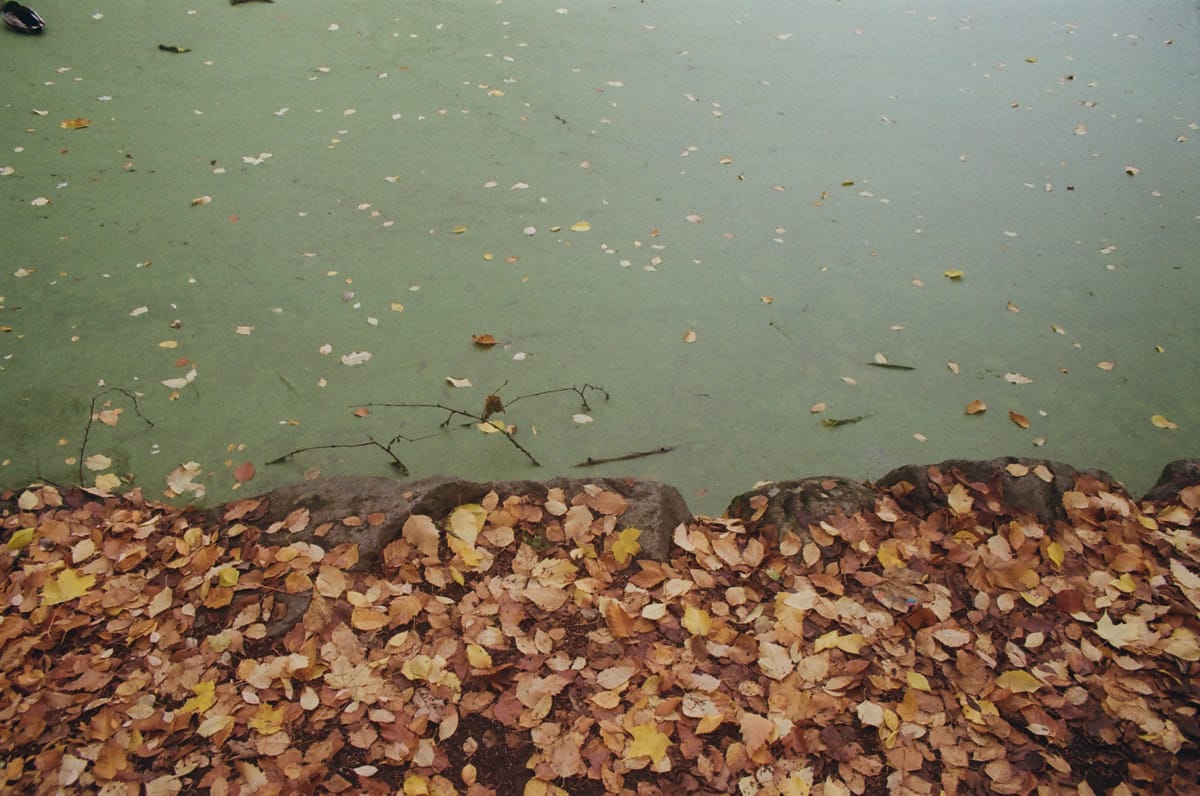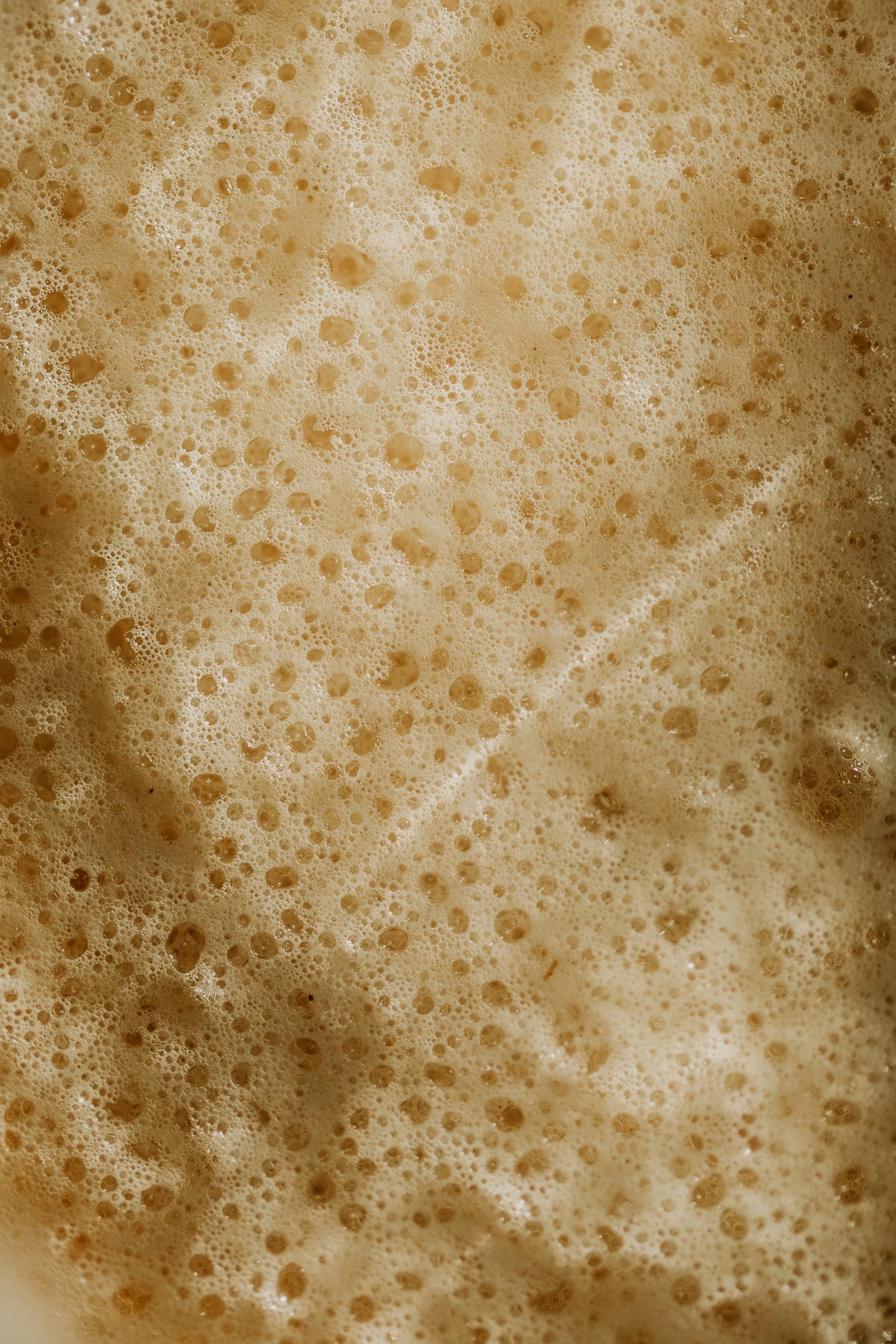Episode 02. Thinking about Thinking… for Creativity (Part 2).
How I prepared for this “slow thinking” creative task. A caution on slow thinking & authority. Revisiting the “muddy water” metaphor. How to harness focused & diffuse attention by cycling. And the possible gift of Eureka moments.

Estimated read time: 6 minutes.
Hi! Guess what happened after I recorded my first podcast episode a couple weeks ago?
A few fun things…
One, I was chatting about the podcast with a “fellow podcaster” I know, and then they invited me to be a test case for their podcast production! A fine invitation.
Two, my mind kept surfacing post-edits from Episode 01. “I misrepresented this idea… there’s more to say on this. I forgot about…” Predictable!
Three, I’ve been sharing one-handed, 30-second piano improvisations in the Creative Compass group forum, and I played one back for my spouse. He suggested I use them for the “outro” of these episodes. A fine idea.
Four, a Creative Compass member told me a story of an “aha” moment that clarified the direction of their project. A gift.
These are a few ingredients that alchemized into the recording session you’ll hear in Episode 02. It’s not just “me and my phone” this time. It’s more polished, and hopefully even more clear than the first. Still loaded with richness.
And so, I present: "(Part 2) Thinking about thinking… for creativity."
NOTE: On a phone? Click “Listen in Browser” if you don’t have a SoundCloud account.
Continuing from Episode 01. Recorded generously with someone who’s getting into podcast production. My tune at the end. Leveling up! Wow.
Here’s an (imperfect) time-stamped written transcript too (in PDF form).
Like Episode 01, I'm stoked about this one! Again, it's a mix of memoir, psychological science, and strategy. And like the first, I draw on years of experiences and recent conversations.
If any of the topics below interest you, feel free to jump in wherever you like:
- introduction + how I rallied to record the episode. til 10:38
- Walk with me as I narrate my own Executive Functioning for this “slow thinking” task. I love the metaphor of fermentation to describe creative process.
- a caution on slow thinking & authority. from 10:38-14:33
- How knowledge- and practice-based authority sometimes requires an ongoing commitment to “slow thinking” with stronger data sets and quality learning experiences.
- revisit the muddy water metaphor + a strategy. from 14:33-22:36
- The story of how I learned about Diffuse vs. Focused attention/awareness/thinking. How waiting (to let our mental-emotional “mud" settle) can be a very active process, and an “important-and-urgent” one too. Strong emotions change what parts of ourselves we can access.
- harness focused & diffuse attention by cycling between them. from 22:36-34:43
- How idea generation requires different conditions than implementation, and how waking up to the questions posed by our frustrations, can kick off subconscious idea-generation.
- the “Eureka effect” / Eureka moment. from 34:43 to the end
- How it’s real, its possible dark side, and a beautiful “Eureka” story from the Creative Compass group.
I recorded it a few weeks ago, and it took some time for things to come together. All good.
THANK YOU to those who contributed in any way, and THANK YOU for those who will check it out.
Here are a couple excerpts I think you’ll enjoy:



I reference the book Fermentation as Metaphor (2020) by Sandor Ellix Katz. (Gifted to me by a Creative Compass member.)
REFERENCES IF YOU WANT TO DEEP-DIVE (in no particular order. And I’m terrible with formatting references. Sorry if that drives you nuts.)
BOOKS
- Fermentation as Metaphor (2020) by Sandor Ellix Katz
- Thinking, Fast and Slow (2011) by Daniel Kahneman
- Learning How to Learn: How to Succeed in School Without Spending All Your Time Studying - A Guide for Kids and Teens (2018) by Barbara Oakley
- Metaphors We Live By (1980) by George Lakoff and Mark Johnson
- The Eureka Factor: Aha Moments, creative Insights, and the Brain. (2015) by John Kounios and Mark Beeman
- The Tao Te Ching of Lao Tzu (several editions) by Stephen Mitchell
PODCAST EPISODES (I can't find the episode I'm looking for. They must have taken it down. This NPR piece references it though.)
7. The Psychology Behind When Emotions Turn Us Into Different People. Excerpt from 2019 Hidden Brain podcast by Shankar Vendantam. Accessed at npr.org
RESEARCH ARTICLES
8. Older and Wiser? The Need to Reexamine the Impact of Health Professionals Age and Experience on Competency-Based Practices (first published online in 2021) by Jing Xu, Kristen Hicks-Roof, Hanadi Hamadi, and Chloe Bailey
9. Physician Characteristics and the Reported Effect of Evidence-Based Practice Guidelines (first published online in 2007) by Christine Sammer, Kristine Lykens, and Karan P. Singh
Cheers, and stay tuned for more,
Caroline
P.S. I’d love if you shared this with someone today! These concepts apply to a variety of disciplines, including intentional learning or idea-generating in our personal lives. Educators, students, clinicians, parents, youth, those in healing or caring professions – really everybody in my view – deserves access to these insights from psychological science and philosophical writing.
P.P.S. If you want to support Crystal Mind Coaching, consider upgrading to a paid subscription anywhere on the site. (I have $3 and $5 monthly pricing tiers now, with yearly discounts available. Wow!)